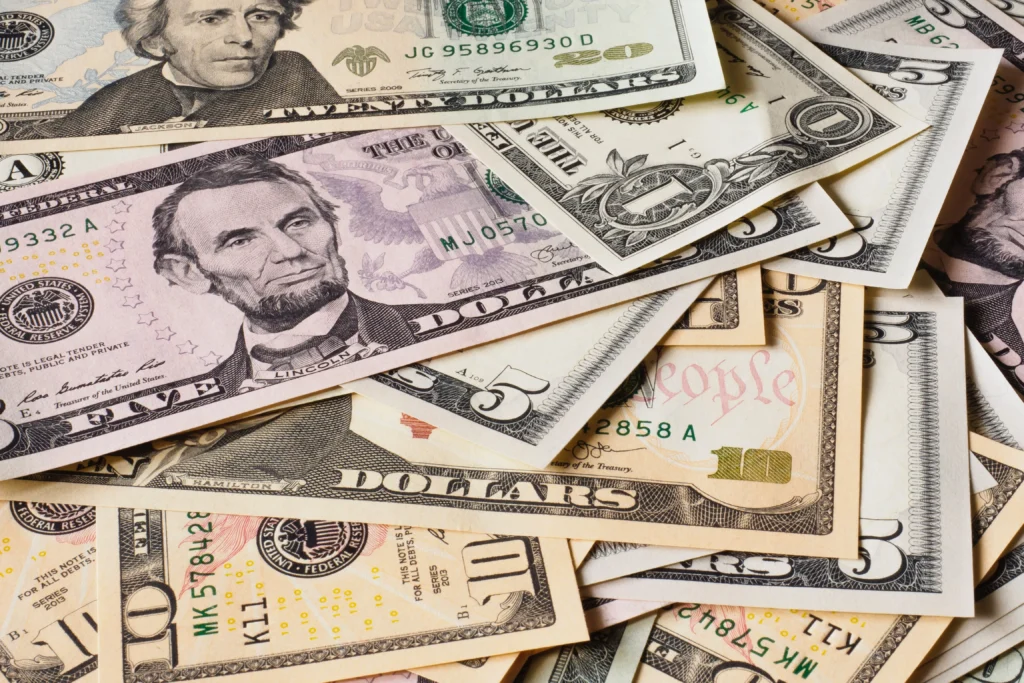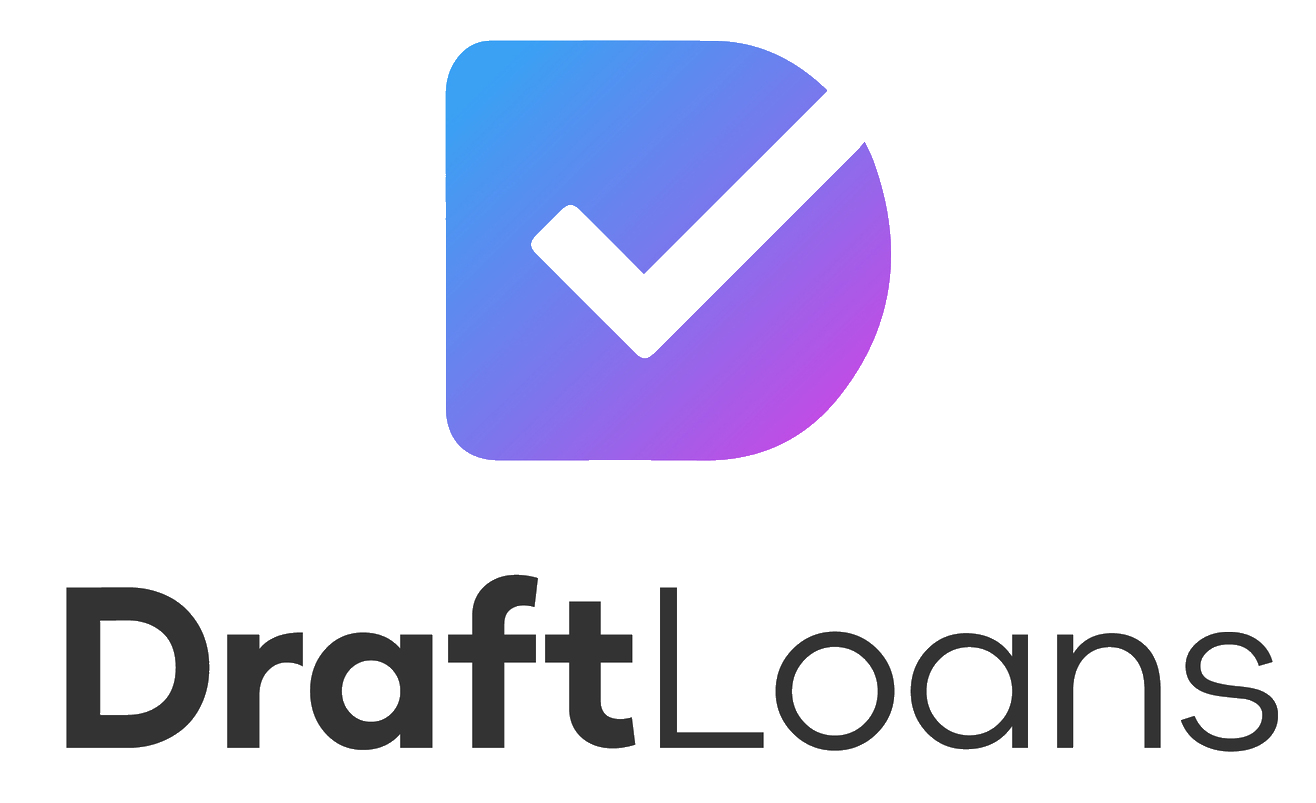Navigating the financial landscape can be challenging, especially when dealing with payday loans. A common query among many Americans is, “Can payday loans garnish wages?” This article delves into this critical question while providing a comprehensive overview of payday loans in the United States. We aim to shed light on payday loans’ nature, benefits, and legal nuances across different states, offering readers a balanced perspective.
If you’d like help with money, you can apply for a payday loan with us.
Understanding Payday Loans
Payday loans are short-term, high-interest loans typically meant to tide over immediate financial needs until the next payday. These loans are popular due to their easy accessibility and minimal credit requirements. However, they come with high-interest rates ranging from 300% to 500% APR. The principle behind payday loans is straightforward: borrowers receive cash in advance, with the obligation to repay the principal and interest by their next paycheck.

The Benefits of Payday Loans
Despite their high-interest rates, payday loans offer several benefits. They provide a lifeline in emergency situations, like unexpected medical bills or car repairs, especially for those without access to traditional credit lines. Their swift approval process means funds can often be obtained within 24 hours, a critical factor during emergencies. Additionally, payday loans are a viable option for individuals with poor credit history, as most lenders do not require a credit check.
Payday Loan Regulations Across the U.S.
The legal landscape for payday loans varies across the United States. While some states like Arizona, Arkansas, and New York have banned them due to their high interest rates and potential for debt traps, others have imposed regulations to protect borrowers. Restrictions may include caps on interest rates, limits on simultaneous loans, and mandatory cooling-off periods between loans. These measures aim to balance consumer protection with the need for emergency credit options.
Can Payday Loans Garnish Wages?
Addressing the central question, payday lenders can, in some instances, garnish wages. However, this is not an automatic process. The lender must first file a lawsuit and obtain a court order. This is typically a last resort, pursued only after other debt collection methods have failed. Wage garnishment means a certain portion of the borrower’s paycheck is sent directly to the lender until the debt is cleared. Importantly, not all states allow wage garnishment for payday loan debts, and federal law limits the amount that can be garnished.

Responsible Borrowing with Payday Loans
To navigate payday loans responsibly, borrowers should only borrow what they can afford to repay and understand the terms fully, including interest rates and fees. Exploring alternative options, such as personal loans or credit assistance from local nonprofits, is also advisable. In case of financial difficulties, timely communication with the lender can prevent extreme measures like wage garnishment.
If you’d like help with money, you can apply for a payday loan with us.
Frequently Asked Questions
What are typical interest rates for payday loans? – 300% to 500% APR.
How soon must a payday loan be repaid? – Usually by the next payday.
Can people with bad credit access payday loans? – Yes, most lenders do not require credit checks.
What are alternatives to payday loans? – Personal loans, credit cards, borrowing from friends.
Are payday loans legal in all states? – No, the legality varies by state.
If you’d like help with money, you can apply for a payday loan with us.
Payday loans, when used judiciously, can serve as a helpful tool in managing unexpected financial emergencies. Understanding their terms, the potential for wage garnishment, and the legal landscape is crucial for making informed decisions. While they offer quick financial relief, consumers must consider all aspects and alternatives to ensure their economic well-being.

